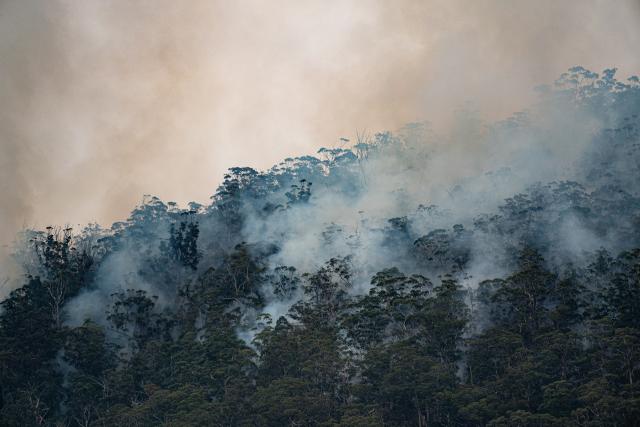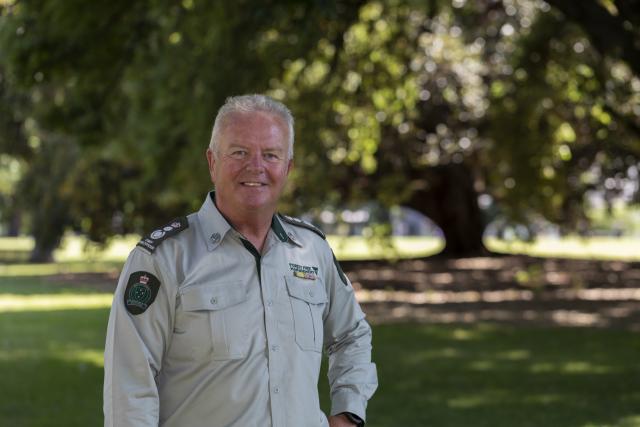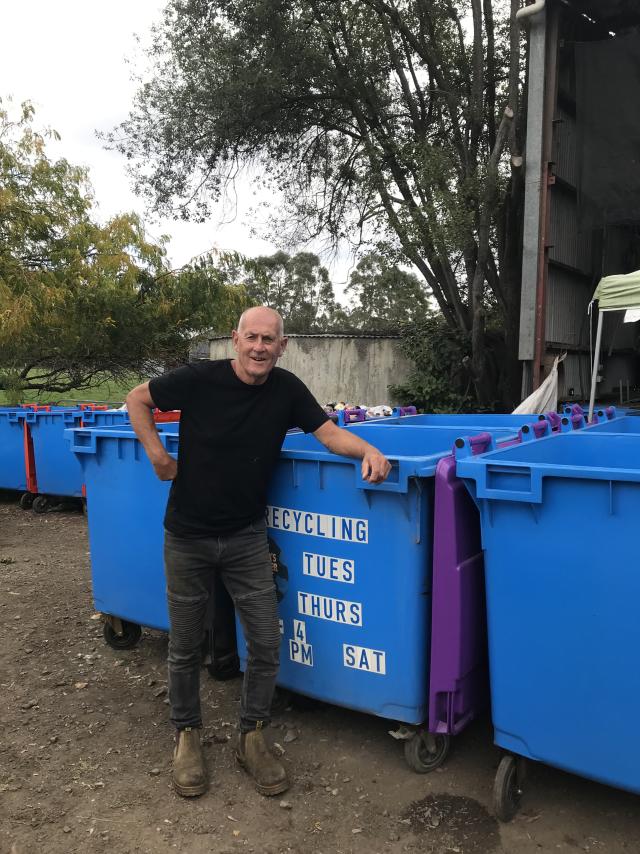By Kath Gannaway
SIX months on, as those directly affected by the flames of Black Saturday reach a critical stage in their journey of recovery, others are starting to feel the pressure of the summer to come.
Clinical psychologist Dr Rob Gordon has been working as a consultant with the Victorian government and the Red Cross, helping communities and individuals deal with the trauma almost since day one.
“It’s only when people have lived through another summer and survived that they will be able to rebuild and put Black Saturday in context,” he said last week.
Dr Gordon said dealing with the past, the present and the future was complex and he warned there was no right or wrong level of recovery.
“It would be like getting a whole crowd of people at a start line and telling them to start running,” he said.
“They will all go at different speeds so some will at this stage be starting to get on top of things, others will be struggling; what we do know from past bushfire experience and from international research is that often there is a peak of distress and therefore the need for support and assistance around the six-month mark.
“People start to feel incredibly exhausted. It might come with an event – the block being cleared or settling into other accommodation – and people then feel not just physical but emotional exhaustion,” he said.
“Things they have been able to put aside – like grief, loss of their profession, worry about financial arrangements – can come crashing in on them and they are in danger of feeling overwhelmed.”
Dr Gordon says most people will take a year to 18 months to get through and will experience a whole lot of ups and downs along the way.
Friends, colleagues, family can help just by listening.
“We need people to keep telling their stories,” Dr Gordon said.
“Traumatic experience need to be talked about many, many times and one of the things we ask of friends and relatives is to be patient; keep listening and try to take an interest in what they are saying that has not been said before, or the shift in how they are describing the experience. “Really listen.”
Dr Gordon said support was also needed for people living in communities that were not burnt out last summer but who are anxious, having seen the devastation wrought on other communities.
“We know that in some ways it is harder to come to grips with the constant threat of something which never materialises,” he said. How people dealt with the changed realities of what summer would bring needed to be addressed at both individual and community level.
The financial impacts of people opting to leave the area on high-threat days, perhaps putting their jobs at risk; managing childcare if schools close; the effect on businesses if tourists stay away and on employers whose staff choose the “leave early” option – all had the potential to cause long-term hardship.
The situation can be compared with people in the US who were regularly snowed in, stopping them from working, closing schools.
“We need to engage in a public debate and a shift or norms and expectations as a community,” Dr Gordon said.
“If people are struggling by themselves, they will feel isolated.”
Victims’ critical time
Digital Editions
-

A simple New Year’s resolution that could save your life
Dear editor, Many of us make a promise or two at this time of year to do more for our health. But there’s one subject…





